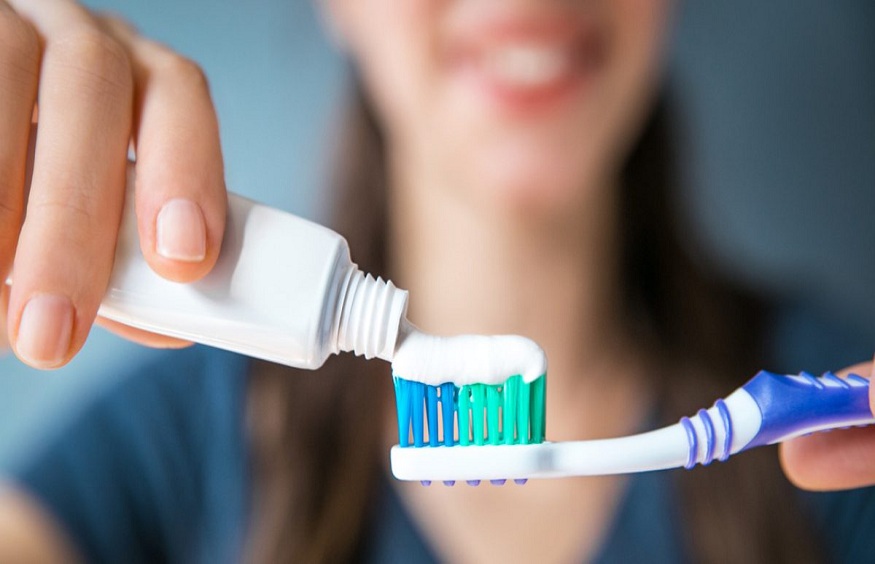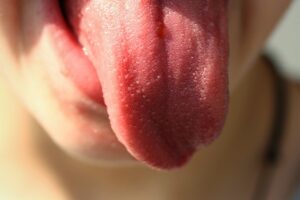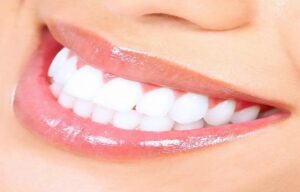Toothpaste is a staple in our daily oral hygiene routine, helping to remove plaque, bacteria, and food particles from our teeth. However, for some individuals, using toothpaste can lead to an unexpected and unwelcome consequence: an allergic reaction. If you’re experiencing unusual symptoms after brushing your teeth, such as mouth ulcers, skin rashes, or itching, it’s essential to consult with a trusted dentist Richmond Hill, Ontario.
In this article, we’ll explore the possibility of toothpaste causing an allergy, discussing the common culprits, symptoms, and what you can do to avoid or manage an allergic reaction.
What Causes a Toothpaste Allergy?
Toothpaste allergies are typically caused by one or more ingredients in the toothpaste. Some common culprits include:
- Fluoride: While fluoride is essential for oral health, some people may be allergic to it. Fluoride allergy can cause symptoms such as skin rashes, itching, and respiratory problems.
- Sodium Lauryl Sulfate (SLS): SLS is a foaming agent commonly used in toothpastes. However, some individuals may experience an allergic reaction to SLS, leading to symptoms like mouth ulcers, skin rashes, and respiratory issues.
- Artificial Sweeteners: Some toothpastes contain artificial sweeteners like aspartame or saccharin. While generally considered safe, these sweeteners can cause an allergic reaction in some individuals.
- Dyes and Pigments: Toothpaste may contain artificial dyes and pigments, which can cause an allergic reaction in some people.
- Preservatives: Some toothpastes contain preservatives like parabens or formaldehyde, which can cause an allergic reaction in sensitive individuals.
What Are The Symptoms of a Toothpaste Allergy?
If you’re allergic to toothpaste, you may experience a range of symptoms, including:
- Mouth Ulcers: Painful ulcers or sores in the mouth, tongue, or lips.
- Skin Rashes: Red, itchy, or inflamed skin rashes around the mouth, face, or other areas of the body.
- Itching or Burning: Itching or burning sensations in the mouth, tongue, or lips.
- Swollen Lips or Tongue: Swelling of the lips, tongue, or face.
- Respiratory Problems: Difficulty breathing, wheezing, or coughing.
- Digestive Issues: Nausea, vomiting, diarrhea, or stomach cramps.
Diagnosing a Toothpaste Allergy
If you suspect you have a toothpaste allergy, consult your dentist or healthcare provider. They may recommend the following steps to diagnose the allergy:
- Patch Test: A patch test involves applying a small amount of toothpaste to a discrete area of skin (usually behind the ear) to check for any adverse reactions.
- Elimination Diet: Your healthcare provider may recommend an elimination diet, where you avoid using toothpaste for a period and monitor your symptoms.
- Allergy Testing: In some cases, your healthcare provider may recommend allergy testing, such as a skin prick test or blood test, to determine the specific allergen causing the reaction.
Managing a Toothpaste Allergy
If you’re diagnosed with a toothpaste allergy, there are several steps you can take to manage the condition:
- Choose Hypoallergenic Toothpaste: Opt for hypoallergenic toothpastes that are free from common allergens like SLS, fluoride, and artificial sweeteners.
- Use Natural Toothpaste: Consider using natural toothpastes that contain ingredients like essential oils, herbs, and minerals.
- Avoid Irritating Ingredients: Avoid using toothpastes that contain ingredients you’re allergic to.
- Rinse Your Mouth: Rinse your mouth thoroughly with water after brushing your teeth to remove any remaining toothpaste.
- Consult Your Dentist: Regularly consult your dentist to monitor your symptoms and adjust your oral hygiene routine as needed.
Takeaway
While toothpaste allergies are relatively rare, they can cause significant discomfort and distress. By understanding the risks and symptoms of a toothpaste allergy, you can take steps to avoid or manage the condition. Remember to always consult your dentist or healthcare provider if you suspect you have a toothpaste allergy. With the right diagnosis and treatment, you can maintain good oral health and avoid the discomfort of a toothpaste allergy.



